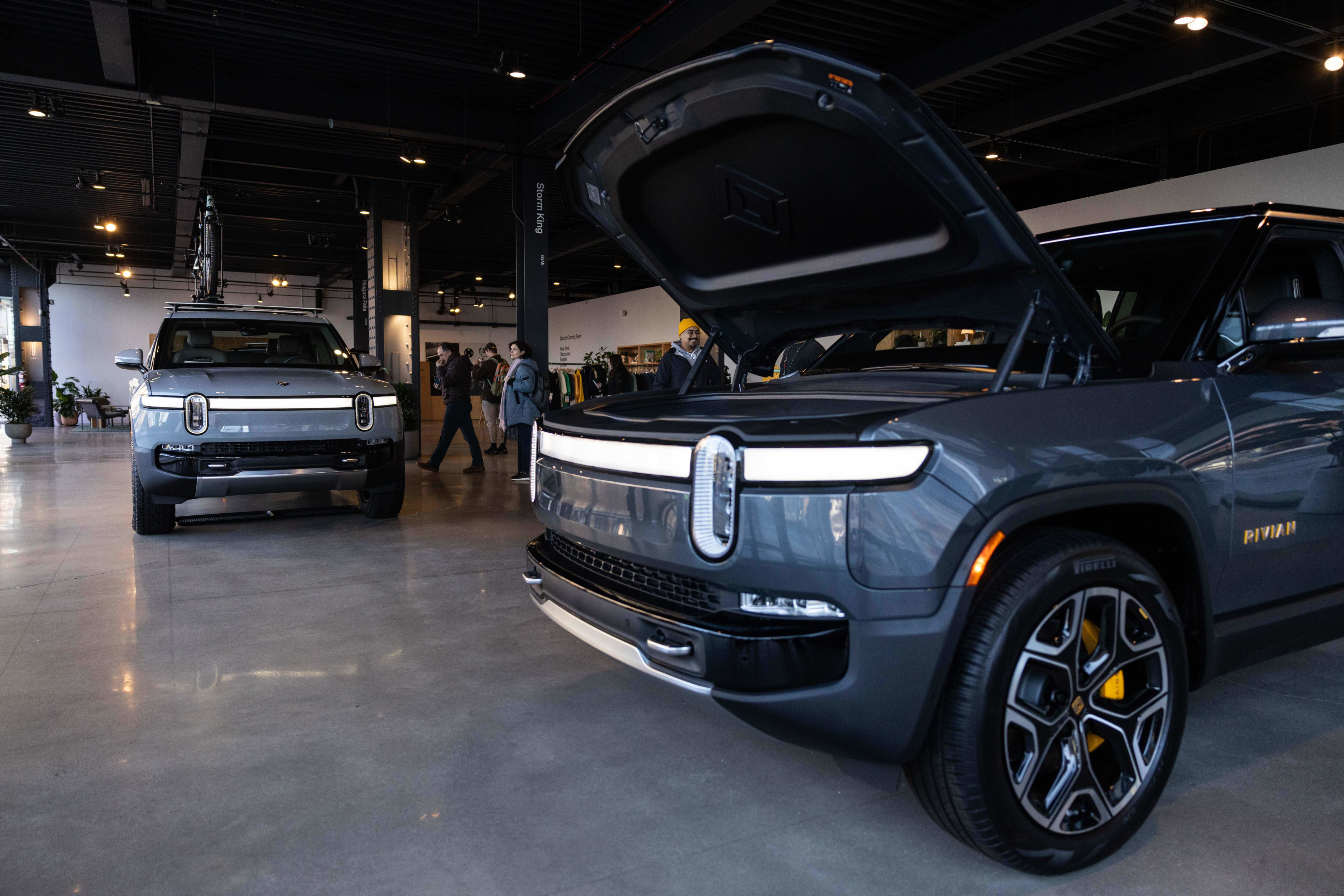Musk made much of his fortune with TESLA automotive as the foundation, and the demand for his cars, good as they are, pretty much required a government subsidy to sell. That is no different today than when he started his company.
The question is, as I see it, do we allow congress to restore the EV tax credit as a "thank you" to Mr Musk for all the work he did exposing the government's fraud or not? There are plenty of pork programs that can be cut to offset the EV tax credit and a whole lot more. So are we indebted to Elon Musk and show our gratitude for all the great work he has done with DOGE? Or not?
FULL STORY AT LINK ^^^

The question is, as I see it, do we allow congress to restore the EV tax credit as a "thank you" to Mr Musk for all the work he did exposing the government's fraud or not? There are plenty of pork programs that can be cut to offset the EV tax credit and a whole lot more. So are we indebted to Elon Musk and show our gratitude for all the great work he has done with DOGE? Or not?
FULL STORY AT LINK ^^^
Johnson, Musk to talk amid megabill spat
It comes after the former DOGE chief has eviscerated the tax and spending package on social media.

06/05/2025, 8:46AM ET
Speaker Mike Johnson plans to talk with Elon Musk on Thursday morning as they clash over President Donald Trump’s “big, beautiful” bill.
Johnson said in a Bloomberg Television interview that they texted Wednesday night, after Musk urged lawmakers on X to “kill the bill.” The former Department of Government Efficiency chief has blasted the tax cut plan for threatening to grow the deficit. The bill would also undo electric vehicle tax credits that benefit Musk’s company Tesla.
“Elon is a good friend. We texted late last night. We’re going to talk this morning,” Johnson said. “He seems pretty dug in right now, and I can’t quite understand the motivation behind it.”
Johnson has been scrambling to rally Republicans to brush off Musk’s attacks. Musk, a GOP mega donor, has also threatened to target Republicans in the midterms in retaliation. Republican leaders have tried to downplay the fallout, but it’s rattled House GOP lawmakers in particular — including those who were hoping Musk would write campaign checks next year.
Pressed if Musk has asked to save electric vehicle incentives as part of the bill negotiations, Johnson declined to answer but said he’ll let people draw their own conclusions.
Johnson said the tax credits were “important to the leader of Tesla.” . . .

